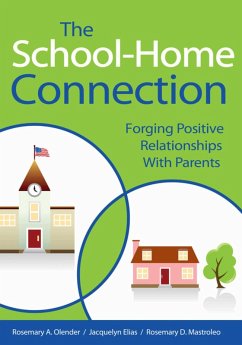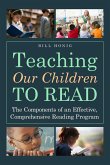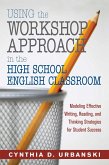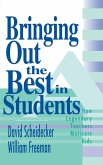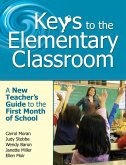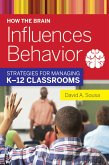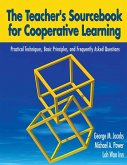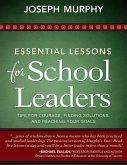Tools to help educators develop a deeper understanding of the communities they serve
Strategies for improving interpersonal skills and communication skills
A chapter on the importance of documenting and celebrating school events
Guidelines for creating three distinct levels of parental participation in schools
With suggestions for cultivating a community network of support services and a summary of lessons for forging constructive relationships, The School-Home Connection is an essential tool for educators looking to strengthen the learning community and increase student achievement.
Dieser Download kann aus rechtlichen Gründen nur mit Rechnungsadresse in A, B, BG, CY, CZ, D, DK, EW, E, FIN, F, GR, HR, H, I, LT, L, LR, M, NL, PL, P, R, S, SLO, SK ausgeliefert werden.

